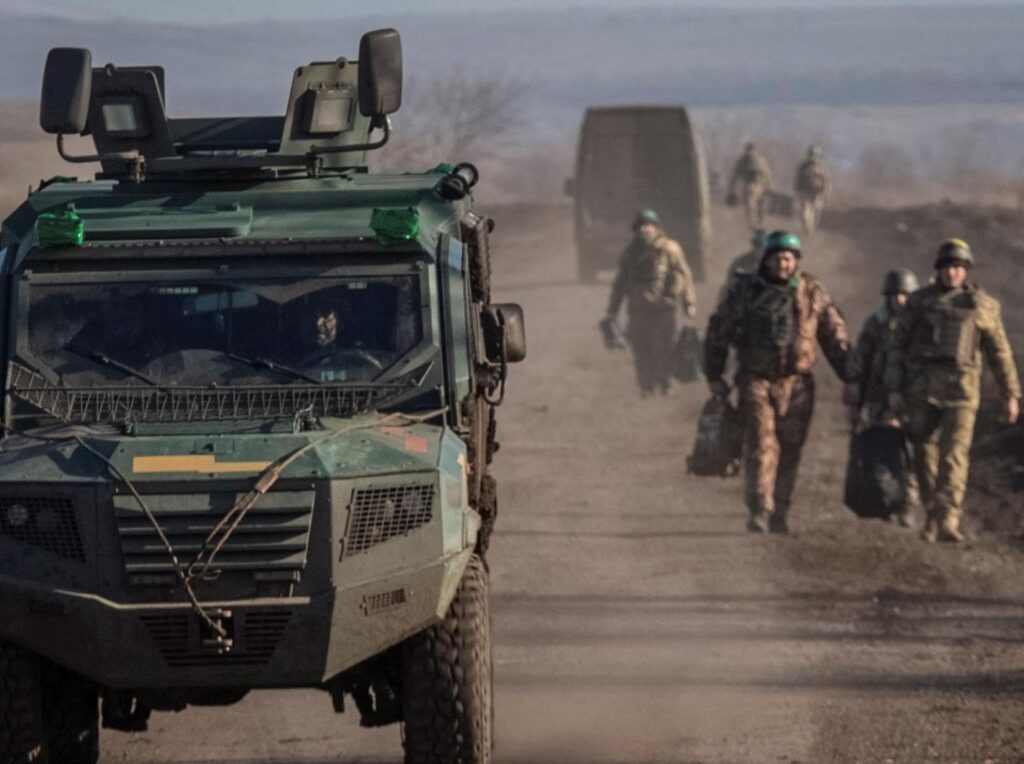The future of military power is a topic of great interest and debate, as technology continues to advance at an unprecedented rate. Leading experts in the field provide valuable perspectives on what the future may hold. Dr. Emily Chang emphasizes the role of technology, highlighting advancements in artificial intelligence, cyber warfare, and unmanned systems. Dr. David Smith discusses the rise of non-state actors using unconventional tactics to challenge traditional military forces. Dr. Sarah Johnson stresses the importance of soft power in shaping international relations. Dr. James Roberts underscores the need for multilateral cooperation to address global security challenges. The insights of these experts can help policymakers and military leaders prepare for the evolving landscape of military power.
The Future of Military Power: Perspectives from Leading Experts
Military power has always played a significant role in shaping the world order, and as technology continues to advance at an unprecedented rate, the future of military power remains a topic of great interest and debate. In order to gain some insight into what the future may hold, we reached out to leading experts in the field to get their perspectives on the matter.
The Role of Technology
One common theme among the experts we interviewed was the crucial role that technology will play in shaping the future of military power. Dr. Emily Chang, a military strategist and author, believes that advancements in artificial intelligence, cyber warfare, and unmanned systems will revolutionize the way wars are fought. She notes that countries like China and Russia are heavily investing in these technologies, which could potentially shift the balance of power on the global stage.
The Rise of Non-State Actors
Another trend that several experts highlighted is the growing influence of non-state actors in the realm of military power. Dr. David Smith, a defense analyst, pointed out that terrorist organizations and other non-state actors are increasingly using unconventional tactics to challenge traditional military forces. As these groups continue to evolve and adapt, they pose a significant threat to national security and stability.
The Importance of Soft Power
While traditional forms of military power will always have a place in the world, many experts emphasized the importance of soft power in shaping international relations. Dr. Sarah Johnson, a political scientist, believes that economic, diplomatic, and cultural influence will be just as important as military strength in the future. She argues that countries that can effectively leverage their soft power assets will have a significant advantage in the global arena.
The Need for Multilateral Cooperation
One final point that several experts raised is the importance of multilateral cooperation in addressing global security challenges. Dr. James Roberts, a retired general, stressed the need for countries to work together to tackle common threats such as terrorism, climate change, and cyber attacks. He believes that no single country can go it alone in the face of these complex and interconnected challenges.
Conclusion
In conclusion, the future of military power is likely to be shaped by a combination of technological advancements, the rise of non-state actors, the importance of soft power, and the need for multilateral cooperation. As the world becomes increasingly interconnected and complex, it will be more important than ever for countries to adapt and innovate in order to maintain their security and influence on the global stage.
By taking into account the insights of leading experts in the field, policymakers and military leaders can better prepare for the challenges and opportunities that lie ahead in the realm of military power.
